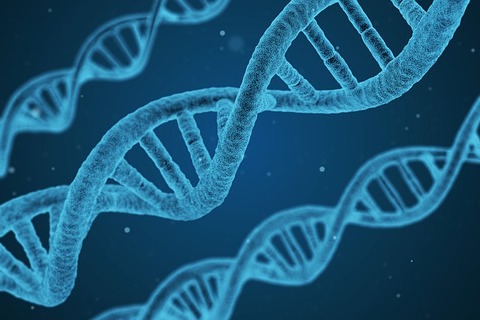Major CRISPR errors were discovered by chance
By Katherine Lindemann,
Research Gate
| 07. 23. 2018
A study released last week suggests that the gene editing technology CRISPR-Cas9 may not be as precise as previously thought. Researchers found that in addition to small errors already known to be part of the gene editing process, CRISPR-Cas9 can cause large deletions and even rearrangements in genes around the target site.
The researchers looked at errors in mouse and human cells in lab conditions. In some cases, deletions were as large as several thousand DNA bases, enough to potentially alter the function of a cell. Whether the findings will affect CRISPR’s utility for clinical applications is not yet known. But researchers do expect increased scrutiny of the technology, and the scope of gene editing errors, going forward.
We spoke with one of the study’s authors, Michael Kosicki, to learn more about the discovery and its implications.
ResearchGate: What motivated this study?
Michael Kosicki: It was really serendipity. A control experiment for another study gave an unexpected result, and we decided to investigate. Initial results made it clear we were looking at something very exciting indeed, with implications for...
Related Articles
By Sarojini Nadimpally and Gargi Mishra, The Wire | 12.15.2024
In-vitro fertilisation (IVF) as assisted reproductive technology (ART) has been in vogue for quite a few decades now. While IVF has been hailed as a significant scientific advancement, with many advantages, here are some limitations which bear keeping in mind...
Image by Mohamed Hassan from Pixabay
It is hard to make predictions, especially about the future, as Yogi Berra, Niels Bohr, and other luminaries have remarked. But there are already signs that the incoming Trump administration may have some difficulty establishing consistent policies about controversial issues concerning human reproduction.
On the one hand, consider “the conservative blueprint for a second Trump administration.”
The notorious Project 2025’s Mandate for Leadership seeks to delete terms such as “reproductive rights” from “every federal...
By Susan Dominus, The New York Times | 11.30.2024
In the days after Daphna Cardinale delivered her second child, she experienced a rare sense of calm and wonder. The feeling was a relief after so much worrying: She and her husband, Alexander, had tried for three years to conceive...




